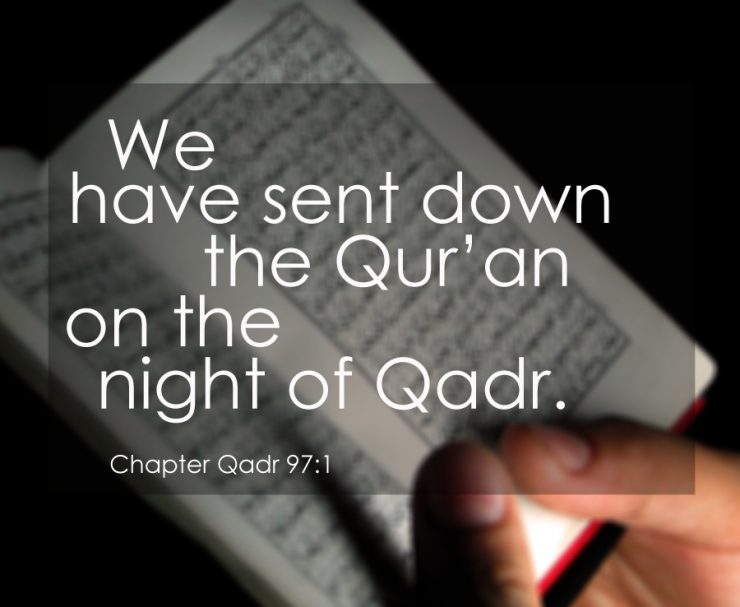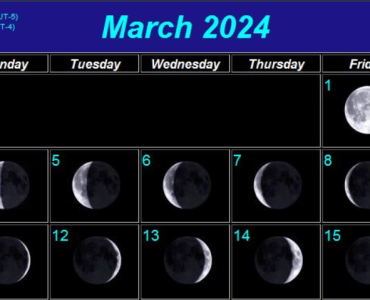Question: What is Laylat’ul-Qadr? Does it only refer to the night when the holy Quran revelation started? If this statement is correct, then why fasting people seek this night during the last ten nights of Ramadan? Is there any theological truth behind these claims?
THE IMPORTANCE OF THE NIGHT OF MEASURES
Allah the Almighty commands:
“We have sent It (the Quran) down on the Night of Measures. Do you know what the Night of Measures is? The Night of Measures is more valuable than a thousand months. The angels descend in it with all orders and by the permission of their Master for all kinds of affairs. Peace be within that night until the break of dawn.” (al-Qadr 97:1-5)
“Ha’. Mim. By the Clear Book! We have sent it down on a blessed night. We warned people (with It). Every determined decree is distributed on that night. We have decreed those; We only send messengers as grace of your Master. Surely, He is the All-Hearing, the All-Knowing.” (al-Dukhan 44:1-6)
As it can be seen from the verses above, the Night of Measures is a special time in various aspects.
1- It is the night in which the first verses of Quran was revealed to Messenger Muhammad (pbuh).
2- It is a specific time of the year when some decrees are distributed around the earth by the means of God’s messengers (angels).
WHAT TO DO ON THE NIGHT OF MEASURES?
People have been seeking this night because of its importance and as a sign of respect to the divine book, the Quran. Because of the annual distribution of decrees, it is advised to pray more and ask Allah for forgiveness at this time of the year. However, we do not know any specific kind of worship to do on this night. When Aisha (wife of the Prophet) asked Muhammad about what to do on this night, the Messenger of Allah answered:
“Say: O God! You are the Forgiver, the Generous. You like forgiving. Forgive me too!” (Tirmidhi, Dawat/Blessings, 84)
WHEN IS THE NIGHT OF MEASURES?
About the last 10 days of Ramadan,
We know that the first verses of the Quran were revealed in the month of Ramadan. Allah decrees:
“The month of Ramadan in which was sent down the Quran (…)” (2:185)
When people asked Messenger Muhammad about the time of the Night of Measures, he said:
“I had been shown the time of the Night of Measures, but then I was caused to forget it. Seek it in the last ten days and the odd ones.” (Bukhari, Fadl’al-Laylat’al-Qadr, 2-3; Muslim, Siyam, 213)
There are also other narrations that put emphasis on the 27th night of Ramadan. In many countries, the 27th night of Ramadan is assumed to be the night before the 27th day of the lunar calendar. This mistake arises from the assumption that night comes before the daytime, which takes its roots in the Jewish calendar where the day begins by sunset:
https://www.chabad.org/library/article_cdo/aid/526873/jewish/The-Jewish-Day.htm
Therefore, Muslims also keep seeking Laylat al-Qadr on the 26th night of Ramadan rather than the 27th without knowing the fact that the daytime comes before the night according to the Quran. The Almighty Allah decrees:
“…the night cannot outpace the day…” (Ya-Sin 36:40).
This verse proves that the new day begins with sunrise rather than sunset.
Additionally, the famous hadith which tells about Jibreel leading Muhammad (PBUH) in prayers mentions the dhuhr prayer first, and the fajr prayer last (Tirmidhi, Mawaqit, 1). This is another piece of evidence that the daytime comes before the night, and the 27th night of Ramadan comes after the 27th daytime.
In fact, nobody can claim to know the exact time of that night, as the Prophet says that he was caused to forget it.
There is also a special verse where Allah vows on ten nights:
“By the dawn! And the ten nights! And the even and the odd! And that night when it passes! Isn’t there an oath in this for those endowed with good sense?” (al-Fajr 89:1-5)
Prophet Muhammad (PBUH) used to retreat in the masjid in the last ten days of Ramadan. Using this information, most of the scholars inferred that these verses may refer to the last ten days of Ramadan which makes the previous hadith more meaningful. Yet, we should notice that the verses in Surah Fajr take vows on both the odd and the even, so we must seek the Night of Measures in all of the last ten days of Ramadan.
Devoting oneself to worship in the last days of Ramadan is one of the highly advised habits of Prophet Muhammad (PBUH) and was widely practiced in his time. Allah says about the people that sustain this habit:
“Do not have intercourse with your wives while you continue to stay for worship in mosques.” (al-Baqarah 2:187)
To conclude, the Night of Measures is a truly special time of the year. However, we do not know its exact date, and there is no specific type of worship to perform on that night. The only thing advised to do is to pray more, ask Allah for forgiveness and go on a retreat in mosques for certain times during the day if possible. So long as we do not know the exact date of the Night of Measures, we should revere the last ten days of Ramadan to increase our chances of being forgiven.








Add comment